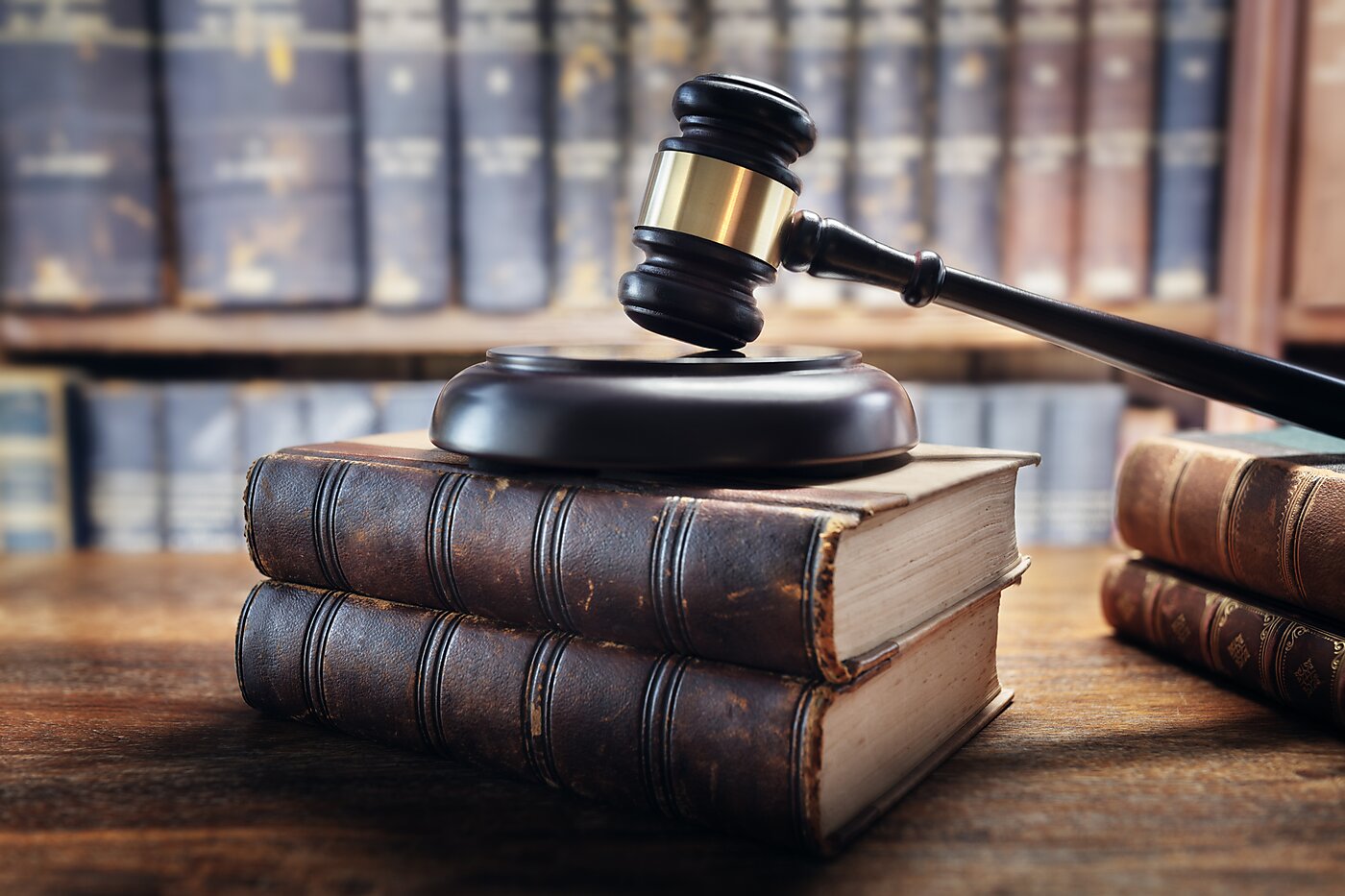
Federal Judge: President Trump Can’t Unilaterally Rewrite Election Law
“Our Constitution entrusts Congress and the States—not the President—with the authority to regulate federal elections.” —Colleen Kollar-Kotelly, United States District Judge
On April 24, US District Court Judge Colleen Kollar-Kotelly blocked the highest profile part of President Trump’s March 25 executive order on election administration. That part, Section 2(a), directed the United States Election Assistance Commission to change the federal voter registration to require documented proof of citizenship.
I’ve written before that I agree with the president’s aspiration to require documented proof of citizenship for all American voters. Currently, federal law only requires legal attestation of citizenship.
But, as Walter Olson wrote previously for this blog, “Of the various components of the order, there are some that I might agree would be good ideas .… But the substantive merits shouldn’t be at center stage here. New laws should be passed by lawmakers, not by decree.”
Judge Kollar-Kotelly agreed with Olson; the executive order is procedurally and legally deficient. The president does not have unilateral authority to shape election policy.
This should have been obvious to the president. After all, the Congress passed the National Voter Registration Act in 1993, and that major piece of federal election law specifically assessed proof of citizenship: “The Conference Committee on the bill that became the NVRA considered and rejected an amendment proposed … to require presentation of documentation relating to citizenship of an applicant for voter registration.”
More obviously, the US Senate is currently considering the much-discussed SAVE Act, which proposes to do the very thing the president wants—require proof of citizenship for voters. Congress wouldn’t go to the trouble of drafting, negotiating, and politicking the bill if it could simply be done by the president with one signature.
In addition to ignoring the Congress, President Trump’s Executive Order also forgets that states possess “the power to regulate the time, place, and manner” of elections. As summarized by Judge Kollar-Kotelly, “the States have initial authority to regulate elections. Congress has supervisory authority over those regulations. The President does not feature at all.”
There is wisdom to this diffusion of election authority. As one of the Constitution drafters, Theophilus Parsons, wrote, the distribution of election administration power guards against “the influence of ambitious or popular characters, or in times of popular commotion, and when faction and party spirit run high.”
This now resonates with many Democrats and liberal nonprofits. Though they spent much of the past four years trying to federalize election administration through the “For the People Act (HR 1),” they now embrace federalism and limitations on the executive. Welcome, I suppose, to the Cato Institute.
It remains to be seen if the president will appeal the injunctive order. Judge Kollar-Kotelly allowed other parts of the executive order to survive an injunctive pause and proceed down the civil litigation process.
This case encompassed lawsuits filed by various nonprofit groups, as well as national Democratic organizations. There are two other lawsuits challenging the legality of the president’s executive order—one filed in Massachusetts by Democratic attorneys general from 19 states and one by the states of Oregon and Washington.

